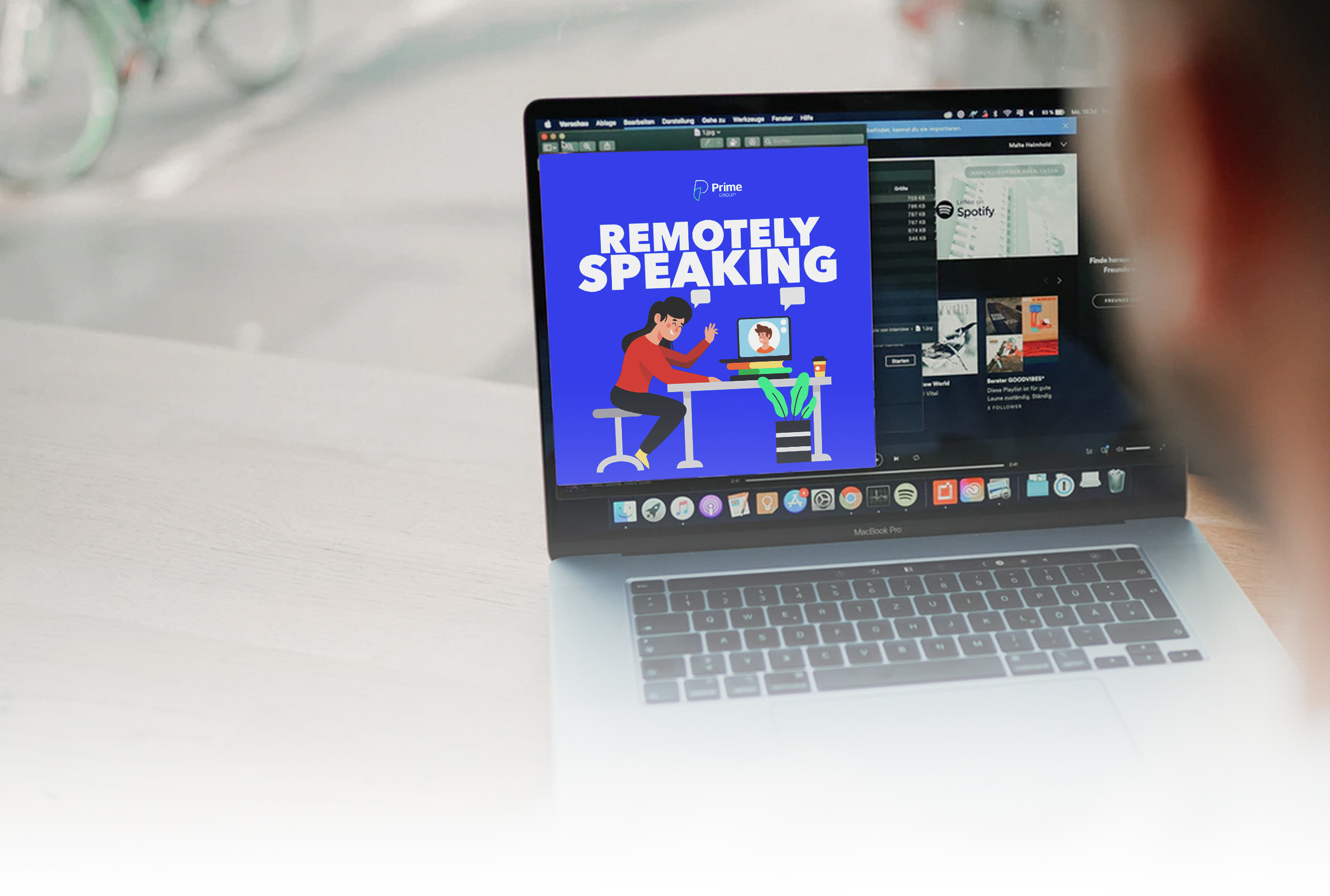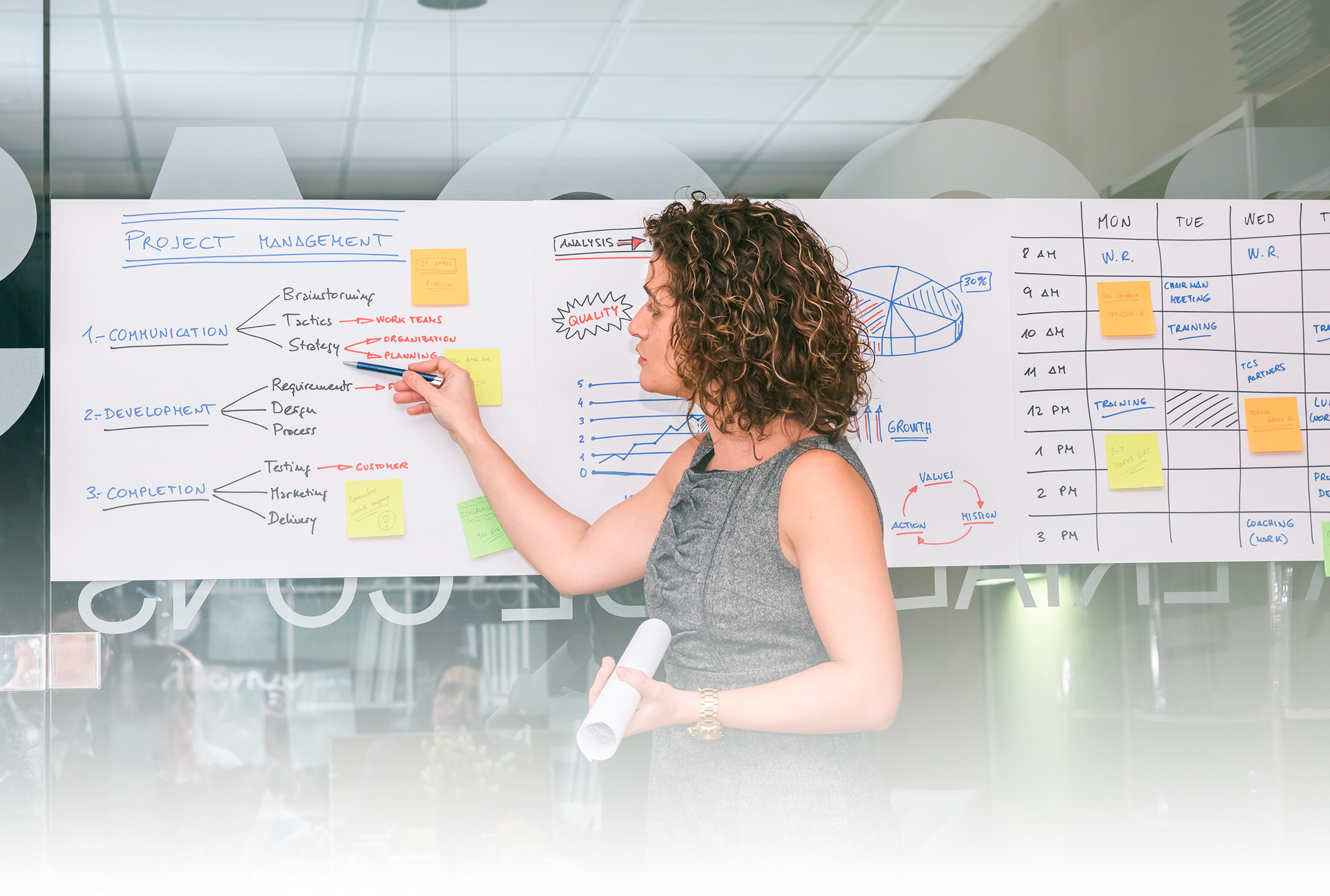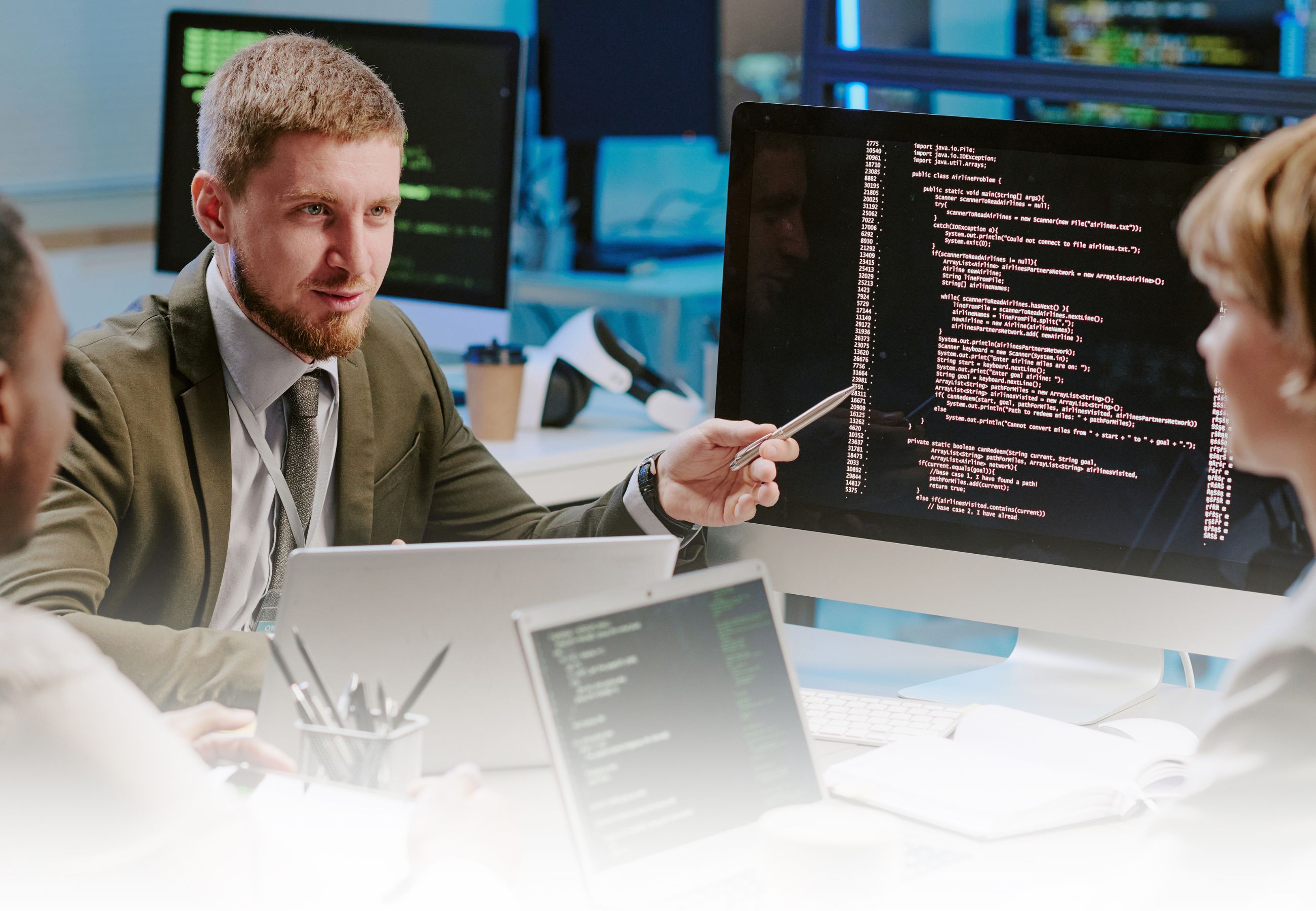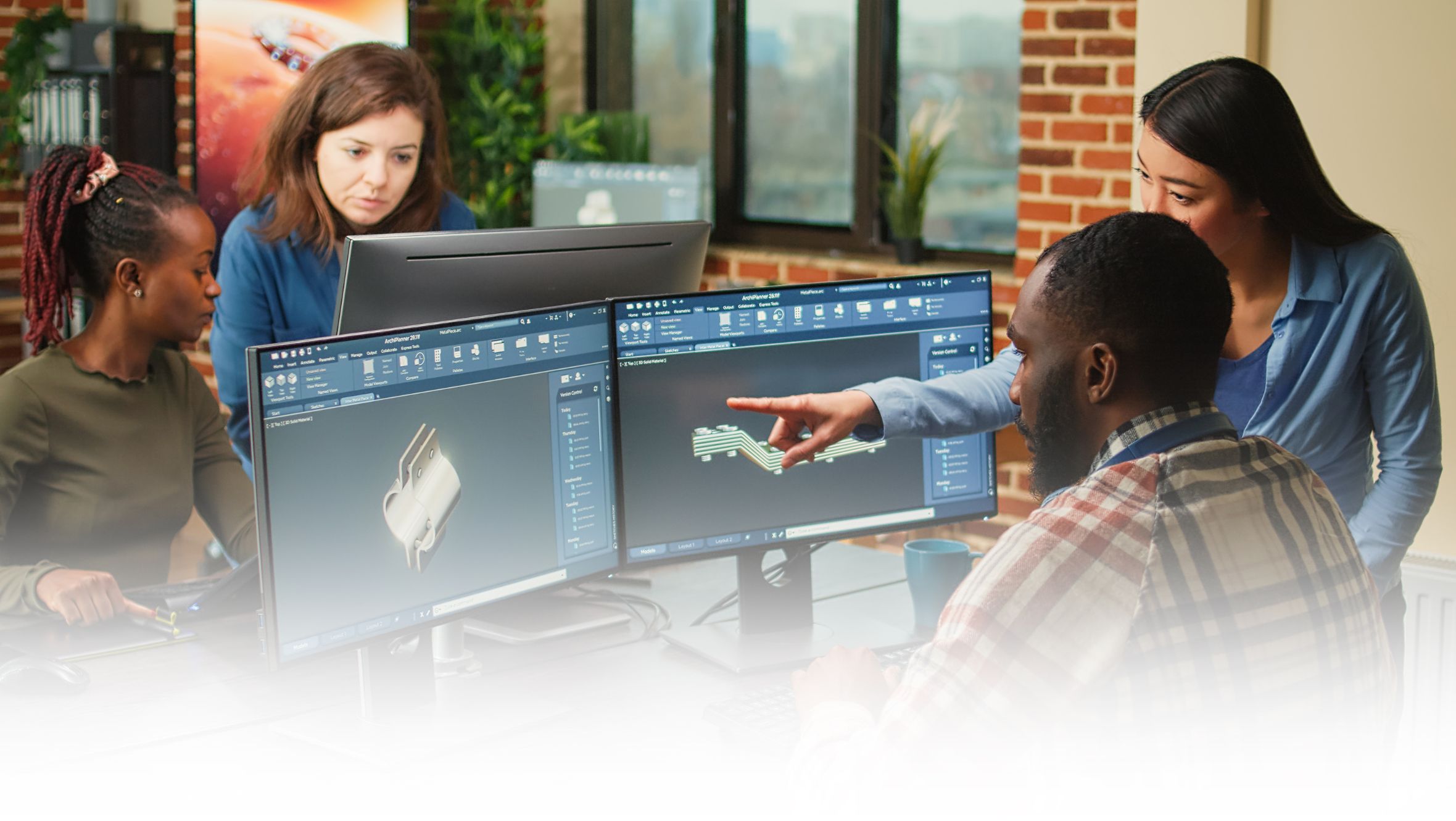How to make remote training more engaging
Frédéric Le Pennec shared his experience and thoughts on how to make remote training more engaging.
Podcast
August 27, 2021
5 minutes read

“”
Listen to Remotely Speaking on iTunes, Spotify or Youtube. Subscribe now and don't miss any update!
The last year brought real challenges for companies. Due to the pandemic working practices have changed at a fast pace and people and processes were forced to adjust to these new times and to a remote working environment.The way we delivered training, at Prime Group, also needed to be adjusted to this new paradigm. This episode of Remotely Speaking ( RS ) is dedicated to this topic and we invited Frédéric Le Pennec (FLP), Learning and Development Manager at Prime Group, to share his experience and thoughts on how to make remote training more engaging.
RS: What are the main challenges for both trainers and trainees regarding remote training?
FLP: Initially, I was not keen on remote training since I work a lot with soft skills and it’s difficult to develop those through remote training sessions; although I changed my opinion a bit on this, the fact is that these are real challenges. The first challenge, as a trainer, is the energy required. Since in training there is a lot of energy exchange, the interactions with the group give us that energy and in a remote environment it’s much more difficult to recreate that situation. Another challenge can be the use of technologies to support us to keep up with a nice level of interaction. For the trainees, I believe that the major challenge is to keep connected to the trainer.
RS: What are the main soft skills that you develop in trainees and what are the main difficulties in doing that remotely?
FLP: I deliver training in communication adapted to sales and management functions; so, one of the great challenges is doing simulations or role plays. When you are face to face with a group of trainees it’s much easier to give them feedback over their performance, but in remote training to accomplish that is much harder. Another thing is that remotely, you are not able to see the trainees´ movements, the non-verbal communication.
RS: Would you say that it is much more difficult to deliver remote training in negotiation techniques?
FLP: Yes, because negotiation has a lot to do with psychology and behavior and being remote does not support us in the same way, since in training courses we are learning how to establish and build a connection with the client and in a remote environment we lose some point on human interaction and therefore human negotiation.
RS: Given those challenges, how can we overcome them in remote training?
FLP: For the trainees, maybe the main difficulty is to stay focused and engaged because they can be easily interrupted by an email or any other notification. Staying focused for several hours in front of the PC can be a real challenge. Well, the solution for that can be having more breaks. It is also necessary to promote more interaction by adapting the exercises and the dynamics. Making them work together, for example. The thing is you, as a trainer, don’t just simply shift your content and training to remote. You also need to reconsider your practices as a trainer.
RS: Which tools have you adopted to make your training courses more engaging?
FLP: I really enjoy Pool Everywhere and Breakout Rooms. The true matter here is that you need to accept the change and embrace it as the main key to deliver training successfully. I see this also as an opportunity to improve as a trainer.
RS: Would you say that remote training is more demanding than face to face training?
FLP: Yes, in terms of concentration for the trainer. There is a bit of pressure for the trainer to keep all the members of the group engaged. Due to that, it can be more tiring.
RS: What kind of preparation have you done to maintain the same quality standards when shifting to remote training?
FLP: It involves a lot of preparation. I started to record myself; I’ve also recalculated the time. I train beforehand and ask my colleagues to do some simulations with me to test.
RS: Things that you have learned in remote training that you will use when going back to face to face training courses?
FLP: As a trainer you are always learning and reconsidering your practices and the way you are delivering your training.







